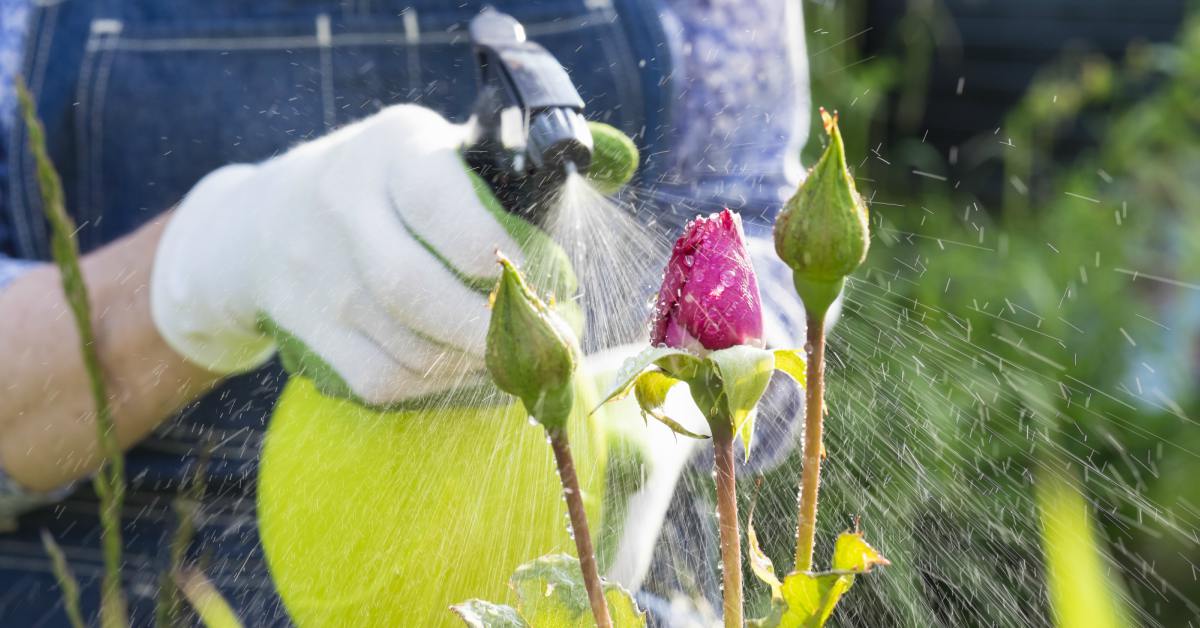Pest, a gardener’s most cunning adversary. Well, maybe not, but they can be an annoyance. These critters lurk around waiting for the right time to harvest the fruits of your hard labor. In the process leaving a wake of destruction in their path. Unfortunately, there is no room for negotiating because pests live by their own set of rules. What it comes down to is choosing between coming up with ways of discouraging further destruction or extermination.
If choosing extermination, be aware that many synthetic pesticides work by eliminating pests through chemicals harmful to both humans and the environment. Here are a few alternative solutions if are looking for something less damaging and more environmentally friendly.
Homemade and all-natural pest control
Homemade pesticides have a high success rate and the good part is most of the ingredients are already in your home. Many of these solutions work for a variety of pests and won’t damage plants when applied directly. A quick search online will give you results for many recipes with ingredients like garlic, cayenne pepper, and soap.
Though they might be a bit pricey, they are a variety of essential oils like peppermint that provide excellent pest control. If you must buy any products, try to find those made with non-toxic ingredients.
Build a barrier
Building a physical barrier in many cases should be enough to thwart the plans of bigger animals. Any physicals structure that prevents entrance can be a barrier so don’t limit yourself to a traditional fence. Thorny plants such as roses can act as a barrier while adding to your garden’s curb appeal.
But what about burrowing rodents like moles and gophers? Preinstalling hardware cloth and wire mesh below your raised bed are both excellent options. Nonetheless, keep in mind these little fellows can be very elusive creatures, so this method will not work for covering larger areas.
Apply biological pest control
Often, a pest will get out of control because there is no natural predator around to keep their population in check. Encourage predatory insects such as ladybugs to feed on aphids and other pests that attack your plants. Herbs and flowers such as cilantro, scented geraniums, tansy, caraway, yarrow, fennel, angelica, dill, coreopsis, and cosmos are good choices for luring the ladybug. Domestic animals such as chickens can also be effective against small insects.
Physical removal
Sometimes the simplest solutions are the best ones for getting immediate results. The hand removal method works great for slower-moving pests like snails in your garden. Snails and similar pests love hiding in damp areas, under rocks, and towards the base of foliage.
For those who are easily grossed out, wearing a glove or using a stick can help. Better yet, avoid direct contact completely by hosing down your plants. A quick spray from the hose not only serves to replenish your plant but can wash off infestations. The best part about these methods is that you have the option to relocate them to another area.
There is no full-proof method of eradicating pests without having some adverse effects. Extreme pest control can inadvertently affect other creatures that are beneficial to the ecology so use caution. Choose the most appropriate method depending on the severity of your situation.

